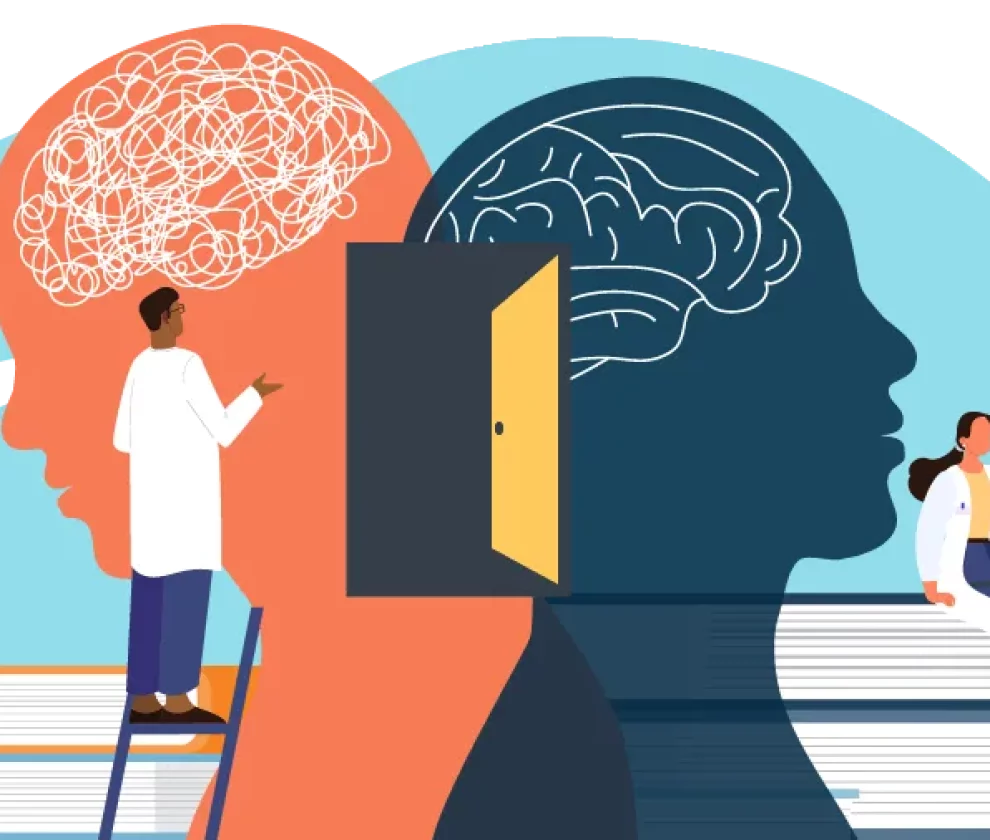PTSD from emotional abuse is real, even if no one else can see the scars.
When words are used to control, confuse, or belittle you, the effects can last for years. You may feel anxious, shut down, or always on edge.
But, you are not weak. You are reacting to pain your body remembers.
If this sounds familiar, you’re not alone—and it’s not too late to heal.
When the Pain You Can’t See Doesn’t Go Away
PTSD from emotional abuse can happen when someone is constantly put down, ignored, or manipulated. Over time, this emotional damage rewires your brain. You start to feel unsafe, even when the abuse is over.
People with PTSD from emotional abuse might replay arguments in their heads. They may feel like they’re walking on eggshells in every relationship. Some have nightmares, panic attacks, or trouble trusting others—even if the people around them are kind.
It’s easy to think you’re overreacting. But you’re not. PTSD from emotional abuse can change how you think, feel, and relate to others. Your body stays alert, trying to protect you, even when the danger is gone.
This kind of trauma is just as real as physical abuse. It just hides better. The voice in your head that says you’re not enough isn’t yours—it was put there.
You deserve to understand what’s happening inside you. And you deserve support that helps you feel whole again.
Signs You May Have PTSD from Emotional Abuse
PTSD from emotional abuse can show up in ways that are hard to explain to others. You might feel jumpy or frozen in situations that seem “normal” to everyone else. Also you might cry easily or feel numb for days. You might avoid conflict so much that you forget how to speak up.
One of the hardest parts of PTSD from emotional abuse is doubting yourself. You may second-guess every decision. You might apologize when you didn’t do anything wrong. It can feel like your emotions are too big or don’t make sense.
You may also notice problems with sleep, concentration, or your physical health. The stress sits in your body like a weight you can’t shake off.
Even if the abuse happened years ago, PTSD from emotional abuse can still impact your daily life. These symptoms are not about weakness. They are your nervous system trying to protect you.
Recognizing these signs is a powerful first step. It means you’re starting to listen to your own truth again.
Why Emotional Abuse Often Gets Minimized
PTSD from emotional abuse is often ignored or brushed aside. People say things like “It wasn’t that bad” or “At least they didn’t hit you.” But emotional abuse can be just as damaging. The words, silence, and manipulation leave marks that aren’t easy to see—but they are still there.
One reason this kind of trauma gets overlooked is that the abuser may act charming or caring in public. Behind closed doors, though, they may belittle you, control you, or twist your words until you doubt your own memory. This can lead to confusion and deep shame.
PTSD from emotional abuse also hides because survivors are often told they’re overreacting. That message sinks in over time. You start to question your own reality and blame yourself for what happened.
At Novu Wellness, we understand that emotional abuse is real trauma. Our team helps you rebuild trust in yourself. We create a space where your story is heard, believed, and honored without judgment.
The Lasting Impact on Your Daily Life
PTSD from emotional abuse doesn’t just live in your memories. It shows up in everyday life, often when you least expect it. You might freeze when someone raises their voice. You might feel panic while trying to make a simple decision. Even a casual comment can trigger a flood of fear or shame.
Many people with PTSD from emotional abuse have trouble forming close relationships. They want to connect but are afraid of being hurt again. They might struggle at work, not because they aren’t capable, but because their self-worth was slowly torn apart over time.
It’s exhausting to live in constant survival mode. Some people over-explain everything. Others stay silent just to avoid conflict. PTSD can even affect your life expectancy. You might feel like you’re never truly “safe,” even in a calm room.
This isn’t in your head. It’s a survival response shaped by past experiences. Your brain is doing what it thinks it needs to do to protect you.
Understanding the long-term effects of PTSD from emotional abuse can help you make sense of what you’re feeling. It also helps you see that healing is possible—even if you’ve been stuck for a long time.
A Path to Healing That Meets You Where You Are
PTSD from emotional abuse doesn’t go away with time alone. It takes support, patience, and the right tools. The good news is there are ways to start feeling better—no matter how long you’ve been hurting.
The first step is being heard. When someone finally listens without blaming or questioning you, it can be a powerful turning point. Safe, honest connection is often the thing that begins to repair the damage.
Therapy helps your brain and body feel safe again. Treatments like CBT and DBT give you tools to name your emotions, set boundaries, and stop blaming yourself. Other approaches, like brain mapping and holistic therapy, support the body as it unwinds from stress.
If you’re looking for structure, programs like partial hospitalization (PHP) or intensive outpatient (IOP) can give you more support than weekly sessions. These programs offer daily or weekly care while letting you stay connected to your everyday life.
PTSD from emotional abuse isn’t something you have to handle on your own. With the right support, you can move from surviving to actually living.
A Support System That Helps You Feel Like Yourself Again
Recovering from PTSD from emotional abuse takes more than time—it takes support you can trust. You need people who believe your story and know how to help you feel safe in your body again.
Therapy helps rebuild the connection between your thoughts, feelings, and actions. With treatments like cognitive behavioral therapy and dialectical behavior therapy, you’ll learn how to recognize old patterns and respond in new ways.
These tools help calm your mind and give you more control over how you feel each day.
Some people benefit from extra support. Partial hospitalization (PHP) or intensive outpatient programs (IOP) offer structure and consistency. These programs allow you to work through PTSD from emotional abuse without stepping away from your entire life.
Your healing doesn’t have to look like anyone else’s. What matters most is that it works for you. At Novu Wellness, we help you find a path forward that meets your needs and honors your story.
There’s a Way Forward
PTSD from emotional abuse is real—but so is recovery.
If you’re ready to feel safe again, Novu Wellness is here to support you. With personalized care and trauma-informed treatment, you can heal on your terms and reclaim the life you deserve.
Contact us today to get comprehensive treatment.




